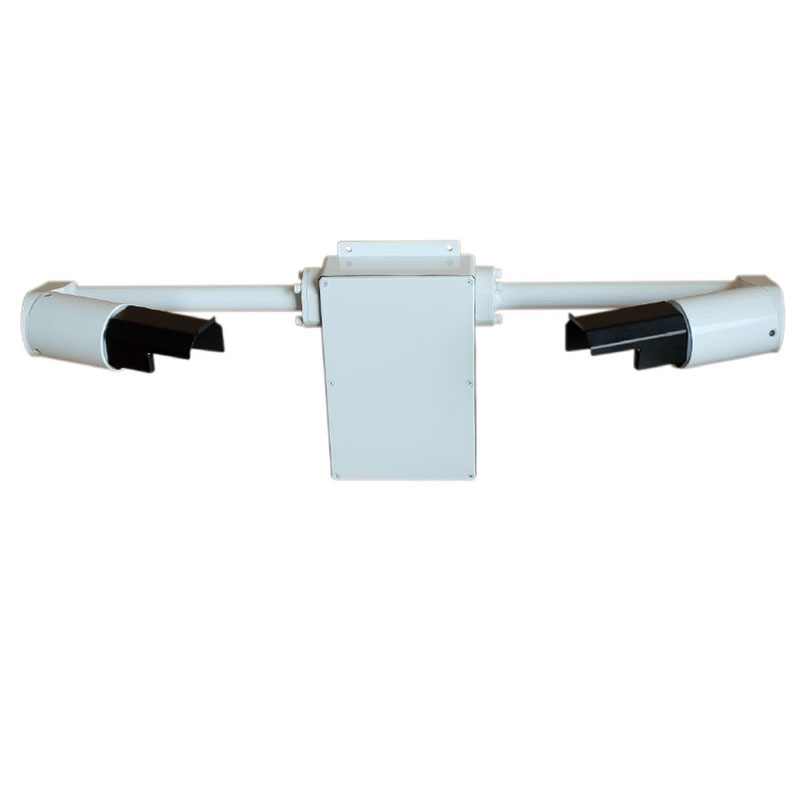Meteorological environment monitoring equipment supplier
Insist on doing high-precision customer favorite technology products

1. Introduction to atmospheric visibility sensor products
Atmospheric visibility sensor is also called atmospheric visibility monitoring instrument. Atmospheric visibility sensor uses infrared forward scattering technology to measure the atmosphere by measuring the total number of discrete light particles (smoke, dust, haze, fog, rainfall and snowfall) passing through the sampling chamber in the air. Visibility, which can continuously measure and output atmospheric visibility. The FT-N80 adopts a cast aluminum body, which is both strong and lightweight, and can be used for installation along highways. It is extremely compact and portable and can be installed and used on high-speed moving vehicles.
Our company's atmospheric visibility sensor can optionally add a weather phenomenon detection module, which can identify precipitation and snowfall types, and distinguish weather phenomena such as drizzle, light rain, moderate rain, and heavy rain. It can also be equipped with a rainfall detection module to measure the intensity and accumulation of precipitation, thus achieving multi-purpose capabilities.
This series of atmospheric visibility sensors has a sturdy and simple structure, good working stability, high reliability, low energy consumption, and is easy to use and maintain. It can be powered by DC12-30V DC power supply. The optical lens of the instrument has an automatic heating control module, even in extreme environments such as severe cold. It can also work normally.
2. Application places of atmospheric visibility sensors
Mainly used in industries such as highways, ships, drilling platforms, waterways, ports, wind power generation, and automatic weather stations.
3. Technical parameters of atmospheric visibility sensor
| Measuring range | 10m-80Km (can be extended to 100Km) |
| measurement accuracy | +2% (10m-2KM); +5% (10m-10KM); ±10% (>10KM) |
| Weather phenomenon module (optional A) | Can identify four different types of precipitation: drizzle, light rain, moderate rain, heavy rain, and can identify rain, snow, mist (smoke), thick fog (smoke) and other state types |
| Weather phenomenon measurement (option B) | It can identify the parameters in option A and measure the intensity of precipitation. Measuring range: 0-200mm/h, resolution: 0.1mm (rainfall); |
| Communication baud rate | 4800-19200 |
| digital communication interface | RS485/RS232 |
| Analog output interface (optional) | Voltage output: 0-5/10V; current output: 4-20 mA |
| Protocol | ModBus, ASCII |
| weight | Aluminum alloy material ≤ 2.8kg, stainless steel material ≤ 20kg |
| size | 706mm×250mm×173mm |
| Power supply | DC12-24V; AC220V (optional) |
| Power consumption | ≤6W (heating state) |
| ambient temperature | -40℃-+50℃ |
| Air humidity | 0-100% |